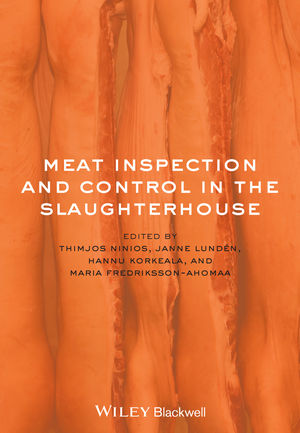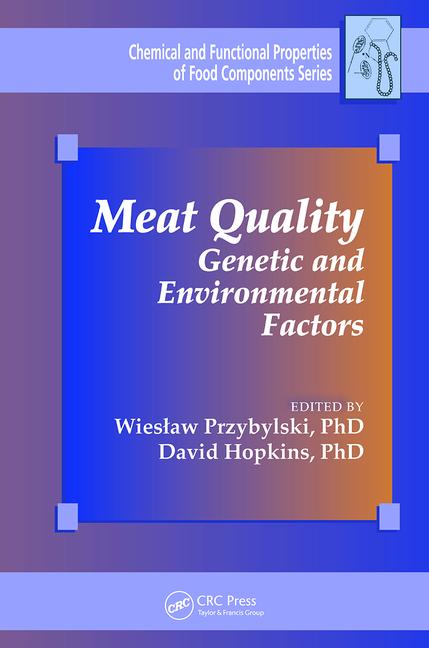Regulations & Legislation
National Bioengineered Food Disclosure Standard finalized

On Dec. 20, 2018, the U.S. Department of Agriculture’s Agricultural Marketing Service (AMS) released a final rule to implement the National Bioengineered Food Disclosure Standard (the BE rule). Under the BE rule, food manufacturers, retailers and importers will be responsible for labeling foods that are deemed “bioengineered” (BE). Although the BE rule exempts many meat and poultry products from the disclosure requirements, it does not completely exempt all products inspected by USDA’s Food Safety and Inspection Service (FSIS). Foods entering commerce after Jan. 1, 2022, must comply with the BE rule.
Congress charged AMS with promulgating the BE rule when it passed a 2016 law that mandated a federal BE disclosure scheme. The federal law preempted labeling laws that had gone into effect in Vermont and were passed or under consideration in several other states. Passing a federal law allows one uniform standard in the U.S. and avoids a potential patchwork of labeling laws.
Although many would prefer to forgo the “GMO” labeling matter altogether, the BE rule is an opportunity to reframe the labeling debate. State labeling laws were largely pushed by activists who wanted labels that would effectively serve as warnings against the use of biotech food ingredients. In contrast, the BE rule appears to account for the consumer’s desire for transparency without stifling innovation in plant and animal breeding techniques.
What is bioengineering
With respect to food, Congress defined bioengineering as “(A) that contains genetic material that has been modified through in vitro recombinant DNA; and (B) for which the modification could not otherwise be obtained through conventional breeding or found in nature.” Based on this definition, foods containing traits produced through transgenic breeding techniques (inserting DNA from one organism into another) is clearly BE. The definition, however, was unclear with respect to foods produced with non-transgenic breeding technology, such as gene editing. Moreover, Congress was not clear whether highly refined foods such as high fructose corn syrup, which is processed to the point that it no longer contains genetic material, would be considered BE.
In the BE Rule, AMS chose a narrow definition of bioengineering. Highly refined foods such as high fructose corn syrup, sugar produced from sugar beets and oils derived from genetically engineered soybeans and canola will not need to bear BE disclosures. Incidental additives, such as processing aids, produced through BE technology will not be required to be disclosed. Finally, plants and animals produced through new gene-editing techniques such as CRISPR will not be required to bear BE labels.
What is exempt?
AMS provided numerous exemptions and partial exemptions from the BE rule’s disclosure requirements. For starters, most meat and poultry products will not be required to bear BE disclosures. Specifically, meat and poultry will not be deemed BE because it is derived from animals that consumed BE foods. Moreover, multi-ingredient meat and poultry products will not need to bear BE disclosures, even if other ingredients are considered BE, so long as (1) meat or poultry is the most predominant ingredient in the food or (2) broth, stock or water is the most predominant ingredient and meat or poultry is the second-most predominant ingredient. Looking to the future, meat or poultry derived from animals that are transgenically modified would need to bear BE disclosures, but gene-edited animals will not trigger disclosure requirements.
In addition to most meat and poultry products, very small manufacturers (sales less than $2.5 million) are exempt from compliance with the BE rule. Small food manufacturers (sales greater than $2.5 million, but less than $10 million) and packages that are considered “small” or “very small” are subject to modified disclosure requirements.
Forms of disclosure
The BE disclosure must be displayed in a conspicuous manner. The BE disclosure may be in one of four forms: (1) a text disclosure of either “bioengineered” or “contains a bioengineered food ingredient;” (2) display of the USDA BE label; (3) electronic or digital links, such as a QR code; or (4) an option to text a number to receive information.
Recordkeeping requirements
Regulated entities will be required to maintain records that are “customary or reasonable” to demonstrate compliance for at least two years after the product is sold or distributed for retail sale.
Enforcement
AMS has limited enforcement authority under the BE standard. Failure to comply with the BE standard is considered a “prohibited act. But AMS is not empowered to issue civil penalties or require product recalls in response to violations. Instead, the only punishment that AMS may issue under the act is public disclosure of the results of its investigation into alleged violations. NP
Looking for a reprint of this article?
From high-res PDFs to custom plaques, order your copy today!








